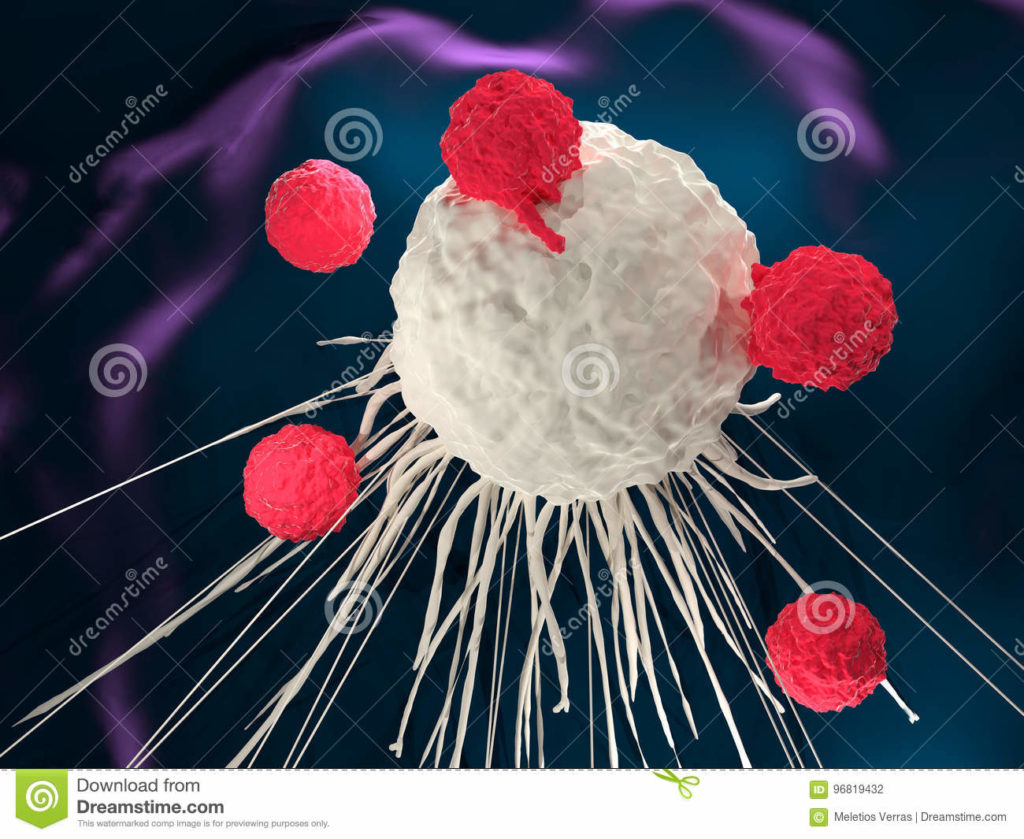
Recently Diagnosed or Relapsed? Stop Looking For a Miracle Cure, and Use Evidence-Based Therapies To Enhance Your Treatment and Prolong Your Remission
Multiple Myeloma an incurable disease, but I have spent the last 25 years in remission using a blend of conventional oncology and evidence-based nutrition, supplementation, and lifestyle therapies from peer-reviewed studies that your oncologist probably hasn't told you about.
Click the orange button to the right to learn more about what you can start doing today.
- You are here:
- Home »
- Blog »
- Multiple Myeloma »
- Myeloma- CAR-T Cell- Not Ready
Myeloma- CAR-T Cell- Not Ready

“Toxicities associated with CAR-T cells include cytokine-release syndrome, different types of cytopenia, infections, and neurotoxicity. Although some subsets of patients have sustained responses for more than 1 year, most patients eventually relapse…”
I am posting the information below at the end of 2021. CAR-T therapy for MM patients, especially those who have undergone a variety of novel chemotherapies to manage their MM and have relapsed 3, 4 or more times. I will admit that you are looking for therapies to put you in remission for as long as possible.
Your challenge is that CAR-T therapy comes with a host of serious side effects. Mainly:
- cytokine-release syndrome,
- different types of cytopenia (neutropenia, anemia, thrombocytopenia)
- infections,
- and neurotoxicity.
My point is simply that caveat emptor aka buyer beware. Meaning, you may pursue this aggressive therapy because you feel you have little choice but please read the studies linked below to understand the pros and cons of this therapy.
Consider complementary therapies such as anti-MM nutrition, supplementation, and lifestyle therapies that may help you weather the side-effects storm that you may encounter.
Also remember that there are evidence-based integrative therapies shown to enhance the efficacy of chemotherapy regimes that also may reduce the toxicity of these regimens.
To Learn More about CAR-T Therapy and Myeloma- click now
Scroll down the page, post a question or a comment if you would like to learn more about evidence-based but non-conventional MM therapies.
Hang in there,
David Emerson
- MM Survivor
- MM Cancer Coach
- Director PeopleBeatingCancer
Recommended Reading:
PeopleBeatingCancer- Side Effects Program
Chemotherapy-Induced Aging- Non-Toxic Therapies
CAR T-cell therapy for multiple myeloma: state of the art and prospects
“Toxicities associated with CAR T cells include cytokine-release syndrome, different types of cytopenia, infections, and neurotoxicity. Although some subsets of patients have sustained responses for more than 1 year, most patients eventually relapse, which might be related to the loss of CAR T cells, loss of antigen expression on the tumour cell surface, or to an immunosuppressive microenvironment that impairs the activity of T cells…”
NCCN patient guidelines provide ‘basic understanding’ of CAR T-cell therapy toxicities
“The National Comprehensive Cancer Network published the latest in its series of guidelines intended to inform patients and their caregivers about adverse events associated with cancer therapies.
“NCCN Guidelines for Patients: Immunotherapy Side Effects Series” — which is supported by the NCCN Foundation and focuses on chimeric antigen receptor T-cell therapy — is freely available for clinicians and patients to download at the organization’s website (NCCN.org/patients).
The document concentrates on the two most common CAR-T treatment-related toxicities —cytokine release syndrome (CRS) and immune effector cell-associated neurotoxicity syndrome (ICANS) — and includes information about symptoms and management options.
It also contains a list of resources and glossary of common terms associated with cellular therapies…
“CAR T-cell therapy is a complicated treatment — there are many steps and potential for treatment-related toxicities,” Gauthier, who also serves as an assistant professor at University of Washington and attending physician with Seattle Cancer Care Alliance, told Healio. “It’s better to be prepared for the worst and have a good understanding of what can happen during the CAR T-cell therapy process.”
FDA Accepts Anti-BCMA Ide-cel for MM for Priority Review
“FDA will review the first chimeric antigen receptor (CAR) T cell immunotherapy for the treatment of multiple myeloma (MM) in adults who have not responded or have relapsed after at least 3 other therapies…
If approved, it would be first CAR T cell immunotherapy for the treatment of multiple myeloma (MM) in adult patients who have not responded or have relapsed after at least 3 other targeted therapies…
Overall response rate was 73% across all dose levels, including 33% of patients who had a complete response (CR) or stringent CR (sCR); nearly all subgroups had an ORR of 50% or greater, including older and high-risk patients
The median duration of response (DoR) was 10.7 months, with a 19-month median DoR for patients who had a CR or sCR, and median progression-free survival (PFS) was 8.8 months, with a 20.2-month median PFS for patients who had a CR or sCR…”
Cardiotoxicity associated with immune checkpoint inhibitors and CAR T-cell therapy
“The expanding use of immunotherapy and the growing population of patients with cancer has led to an increase in the reporting of immune related adverse events (irAEs). The emergency clinician should be aware of these emerging toxicities, some of which can be fatal. In this review we discuss the cardiotoxic side effects of immune checkpoint inhibitors (ICIs) and chimeric antigen receptor T-cell (CAR T-cell) therapy…
Conclusion- Although cardiotoxicity is rare, it is often life-threatening. Treatment should be initiated as soon as the diagnosis is suspected, and early involvement of the cardiologist and oncologist is imperative for optimal treatment…”

